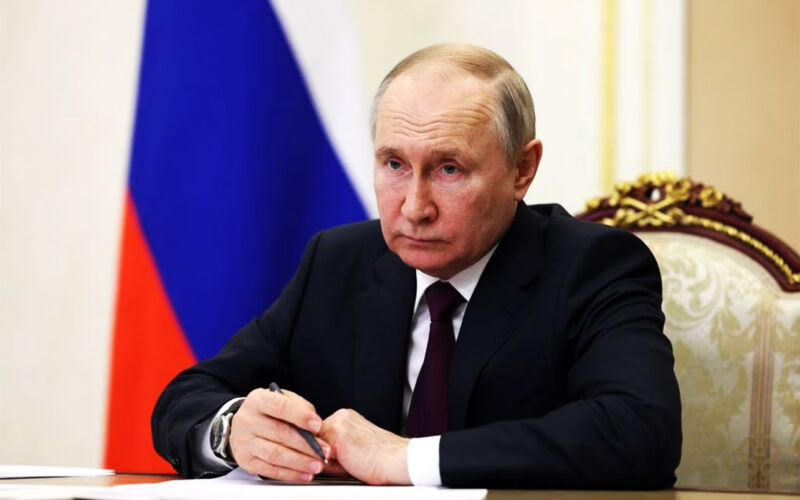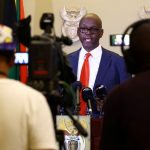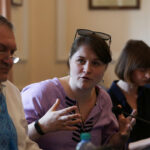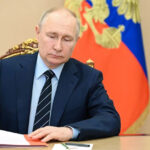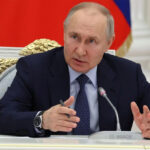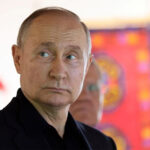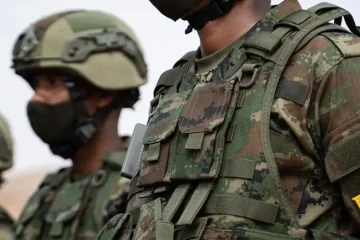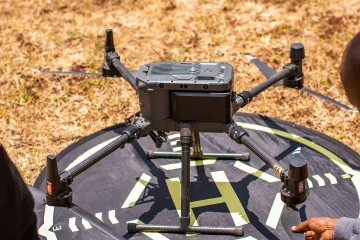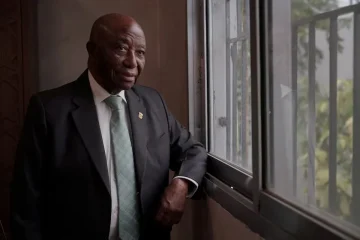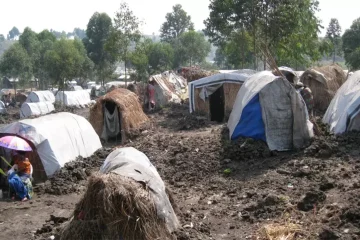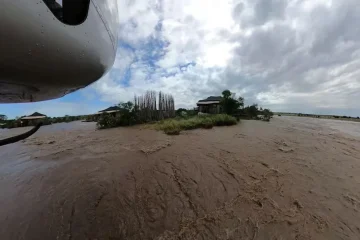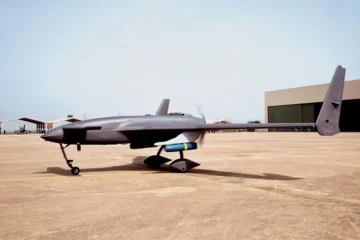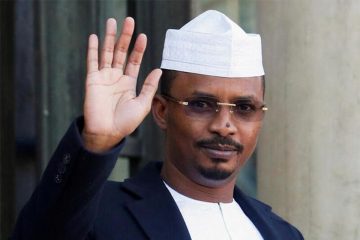AGAINST the backdrop of Table Mountain and a vista of the Atlantic Ocean, the five BRICS foreign ministers are meeting in Cape Town in preparation for the bloc’s leadership summit in South Africa in August this year.
The picturesque setting, however, masks controversial issues on the table and a range of difficult issues to be resolved.
The headline attention is, of course, on Russia’s President Vladimir Putin and the arrest warrant issued against him by the International Criminal Court (ICC) for alleged war crimes committed in Ukraine. The warrant has placed South Africa, a signatory to ICC protocols, on the horns of a dilemma – to arrest or not to arrest Putin he arrives in the country.
The South African government and the ruling party have indicated Putin was welcome to attend the August summit but a range of legal challenges lie ahead.
Unfortunately, the Putin issue overshadows what is likely to be the most important get-together of the five founding members of BRICS, Brazil, Russia, India, China and South Africa.
The August summit takes place in the context of the greatest realignment of global geo-political forces since the Second World War. US President Joe Biden and his Western allies have, on the conflict in Ukraine, among other things, adopted the stance of one of his predecessors, George Bush, in the creation of ‘the coalition of the willing’.
As a consequence, BRICS as a bloc has assumed greater significance with about 18 countries largely from the so-called global South expressing their intention or desire to become part of it.
Saudi Arabia and the United Arab Emirates are among the countries which have officially applied for membership, according to South Africa’s Minister of International Co-operation and Development, Naledi Pandor.
The foreign ministers are expected to make recommendations on the principles and criteria that will underpin the expansion of membership, development issues especially in Africa, the unipolar global political threat to international multilateralism and the bloc’s insistence on the reform of the United Nations Security Council.
Sources in the South African diplomatic community say the country supported the expansion of BRICS but in a ‘staggered and considered way’.
One source said countries admitted ‘sooner rather than later’ would be those who could make a ‘substantial’ contributions immediately.
He suggested South Africa’s support would be based on its self-interest and would favour countries which could help the country out of its current economic problems. He did not elaborate but suggested it could be one or two of oil-producing Middle East countries.
He said a priority for South Africa would be the re-ordering and the reform of the global financial system. He said Pandor had been explicit in her view that alternatives had to be found to the dollar as a global currency of trade.
He indicated ‘de-dollarisation’ would be a major topic of discussion at the BRICS summit and at all the business and other meetings leading up to it.
A senior adviser at Dirco said South Africa viewed the expansion of BRICS as the promotion, expansion and consolidation of multilateralism, a fundamental principle of the country’s foreign policy.
He indicated that multilateralism informed all South Africa’s positions at BRICS and at other forums such as the United Nations and African Union. It’s the basis of the country’s call for the reform of the UN Security Council.
A senior DIRCO official said attendance at the August summit would be ‘augmented’ by South Africa’s ‘Africa Outreach’ programme. President Cyril Ramaphosa has asked that “virtually all African leaders” be invited to the summit.
‘The 2023 BRICS summit will essentially be an African summit to advance the African agenda. The instruction of the South African Cabinet to the inter-ministerial committee was to continue the focus on the advancement of the African Union’s agenda hence the theme “BRICS and Africa: Partnership for Mutually Accelerated Growth, Sustainable Development and Inclusive Multilateralism”.
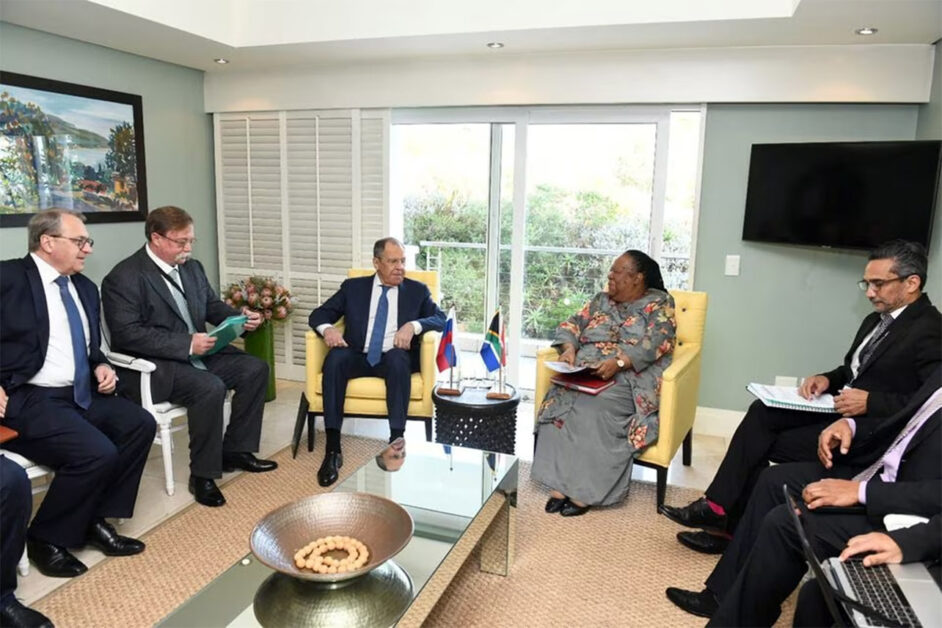
‘The centrepiece will be the implementation of the Africa Free Trade Agreement (AFTA) and how BRICS can assist with its successful implementation and how to “mainstream” the AFTA as it relates to BRICS members who are major trading partners on the continent,’ he said.
So far, 12 African leaders have confirmed their attendance.
He said the August summit had a special significance for South Africa as the host of the most historic and important summit since the inception of BRICS. ‘Apart from the significance of a possible decision to expand the BRICS membership, the tumultuous and unstable global political and economic situation will require the summit to deal with and decide on some grave issues of fundamental importance to the whole of humankind.
‘It will be an important moment to reflect on the challenges and the global fault lines that have developed – posing security and other threats – to all. BRICS is against a uni-polar and hegemonic international order which has become paralysed because of the actions of a few nations.
‘BRICS intend to revitalise a rules-based international order that is inclusive, especially of countries in the global South. The summit must and will seize the opportunity to send out a positive message to the rest of the world during these difficult times,’ he said.
He said the 2023 BRICS summit would see ‘the real benefits of the bloc flowing through to South Africa and Africa.
The source quoted a leader of one of the member countries saying: “You (South Africa) have made us realise why we need a coordinated approach to Africa regarding trade and development and to ensure there is no competition and that there is space for all of us”.
Putin at a previous summit conceded that Russia had “dropped the ball” in the post-Soviet period regarding its engagement with African nations and had called for a “sharper focus” on the continent and which later led to the Russia-Africa Partnership Forum.
He said the expansion of BRICS was going to be a process.
‘The “Sherpas” (organising officials) were given a task at the last summit to work out the criteria and basic principles for admission and report back to the leadership at the upcoming summit. The preparatory work has been done on criteria and principles but the admission of new members will be a slow and not an easy process.
‘However, in a manner, BRICS has already been expanded by the admission of four additional countries to the New Development Bank (NDB) with Egypt being the latest. A tangible benefit of the NDB and BRICS, for instance, is the cross-border financing of the Lesotho Highlands water project,’ he said.
He said BRICS was created to promote mutual development and cooperation between the founding member states and not as a counterweight to other global entities such as the G7 or any other formations.
South Africa in particular sought to have sound and good bilateral relations with countries such as the United States and the European Union.
‘The participation of South Africa and its BRICS partners in the G20 grouping is a positive example of wanting to work positively with the so-called global North and all other countries.
‘But we are strenuously opposed to unilateral actions and measures adopted by some countries and alliances to the exclusion of weaker and poorer nations. The rush of applications to join BRICS is an indication that many countries, especially in the global South, are not prepared to be used as pawns in the strategies of “Washington and London” for instance.
‘They seem to support the values BRICS stands for, that is for a more equitable and just global order. South Africa and most African countries, in particular, will remain non-aligned now and into the future,’ he said.

